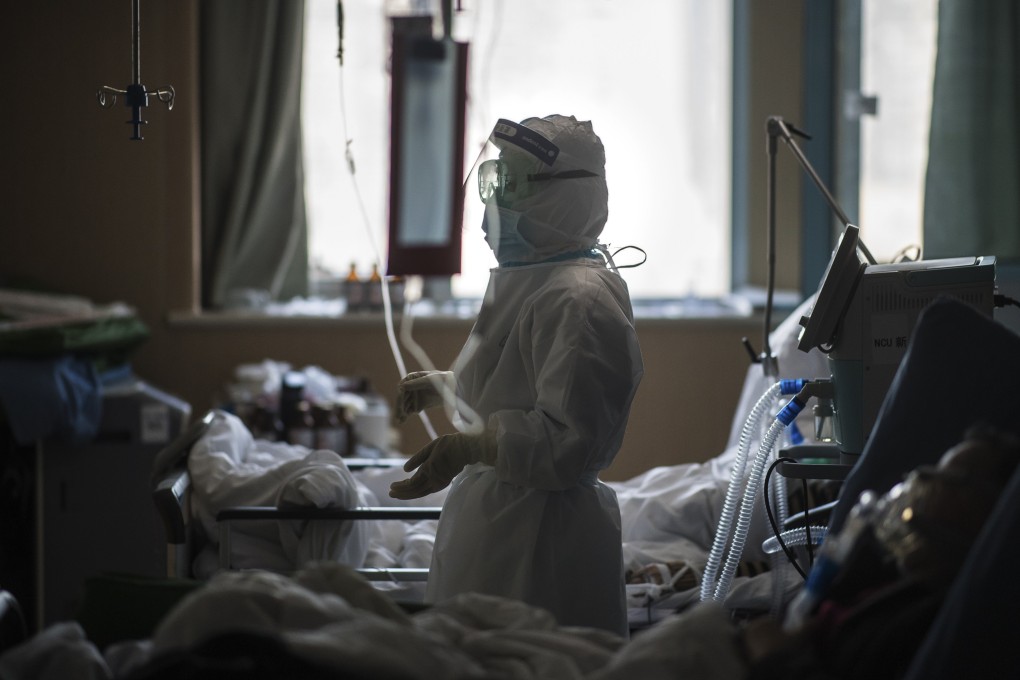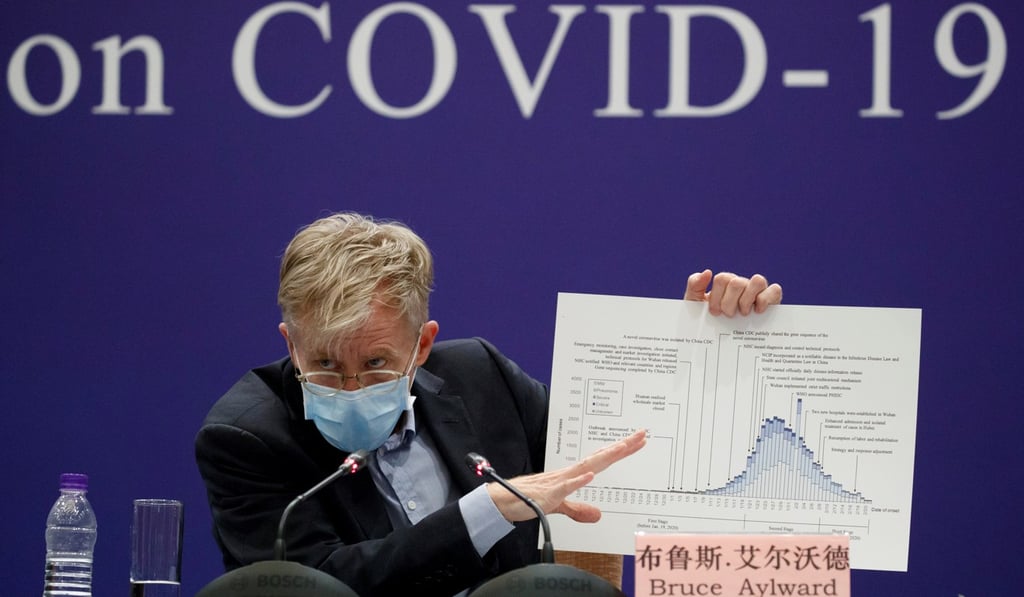Coronavirus: China is making a ‘bigger effort to cooperate’ with WHO than during Sars
- Global health body has had to defend its support for Beijing’s aggressive efforts to contain the epidemic
- Analysts say the relationship has improved, but ‘Chinese officials cannot be made to share anything they do not want to share’

The delegation of 25 Chinese and international experts in fields such as epidemiology, virology, clinical management and public health began the mission from Beijing on February 16, before visiting hospitals and disease control and prevention centres in Sichuan, Guangdong and Hubei provinces.
“There’s no question that China’s bold approach to the rapid spread of this new respiratory pathogen has changed the course of what was a rapidly escalating, and continues to be, deadly epidemic,” Bruce Aylward, the Canadian epidemiologist who led the team, said on Monday.

China on Tuesday reported 508 new cases of the pneumonia-like illness, but only nine were outside Hubei, suggesting extreme measures to limit the spread of the virus had been effective in containing the epidemic to within the central province where it began.
According to the National Health Commission, 499 of the new mainland cases were reported in Hubei, and 464 of those were in Wuhan.